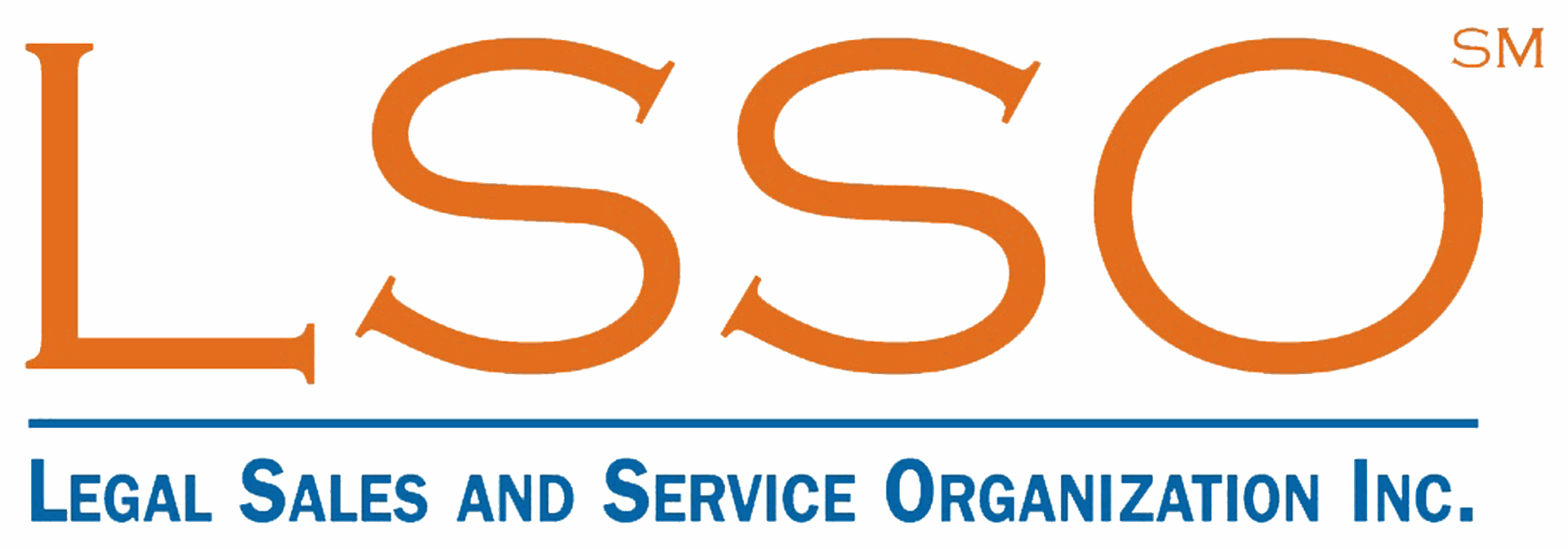By Steve Bell
Law firms, operating virtually and remotely for nearly two years, have been asking “What’s new in law firm sales in these challenging times?”
“Challenging times” is a phrase that emerged in March 2020 and had grown stale by April. Yes, things are different, more difficult and exhausting. But then again, these are not the first “challenging times” to put a strain on professional services sales teams.
On Black Monday in October 1987, the stock market crashed because of programmatic trading. In September 2001, the US homeland was attacked, stranding road warriors across the planet. In 2002, the dotcom bubble burst. In 2008, Lehman Brothers collapsed and launched the Great Recession. Each of these incidents created sales difficulties that required new solutions. And each roughly coincided with an important leap forward in sales techniques and technology.
By 1987 and Black Monday, electronic mail was emerging and soon became a critical sales tool. In 1995, WebEx was launched so that in 2001 when sales travel came to a screeching halt, virtual meetings could take place. The Great Recession resulted in the sharp contraction of law firm sales forces, but by then, Artificial Intelligence and Marketing Automation facilitated the nurturing of clients in a way that did not necessarily require human intervention. It’s not too surprising, then, to expect creative sales minds to quickly adjust to the lockdown of a global pandemic.
To find out more about sales solutions in the COVID moment, approximately 25 sales professionals from accounting and law firms – the Brain Trust -- were surveyed about how they are adapting to today’s reality. Many of them have moved on to other professional-services businesses, but all are still selling, still succeeding, and always innovating.
Subsequently, about 50 lawyers from Lex Mundi member firms attending a conference in Washington, D.C. were asked many of the same questions to see what else could be gleaned.
The survey of the Brain Trust began with the money question, asking about their personal revenue production in 2021. All of those who responded reported revenue gains of 20% to 100% over the preceding year.
Later, the Lex Mundi lawyers were asked how their firms were doing with revenue. Also very well. None reported a decline, and only a handful reported flat revenue. The substantial majority reported that their firms’ top lines were up, many of them substantially so.
They are not alone among law firms in 2021. All the major organizations that examine law firm revenue reported it was up substantially across the board. According to American Lawyer, there were “significant gains in key financial metrics as clients leaned on their lawyers for counsel.” And, American Lawyer added, “Firms grew revenue by an average of 5.9%, a remarkable result in an unprecedented year.” Wells Fargo reported that more than 90% of the 120 law firms surveyed reported an increase in revenue. The bank added that law-firm revenue was up 14%, even more among Top 50 firms.
Parenthetically, it’s hard to imagine why law firms should be thinking about sales right now. With starting associate salaries topping $200,000 even at midsized firms, and associate spot bonuses of up to $150,000, the phrase “Value for the dollar” is in cold storage. Things are great for law firms. Why think about sales? Why change? Well, here’s one reason: Whatever is causing today’s law firm revenue growth and profit is not permanent. When the field of play changes again, as it will, firms that have institutionalized sales will stay on top, and those who are passively riding the wave will recede with the ebb tide.
The survey revealed that while some of the historic key tools in the sales arsenal – conferences, events, client CLE, sales meetings in client offices, and so on – have disappeared, not surprisingly, substitutions were quickly and effectively put into play.
Let’s go through the list, starting with the obvious collaborative platforms including Zoom, Microsoft Teams, RingCentral, WebEx, and others. All respondents use them, and, it would seem, hate them during the times that they are not loving them. In any event, no one can do without them. It is true that collaborative platforms have caused the loss of some of the intimacies of live meetings, but they have dramatically increased efficiency and expanded geographic sales territories. They allowed sales professionals and buyers alike, unintentionally most of the time, to be more vulnerable and human and to introduce clients to home offices, dogs and cats, kids, significant others, and personal foibles.
Here are some of the creative ways the sales professionals have used collaborative platforms during the pandemic:
- Client and prospective-client meetings
- User-group summits with clients as the “stars”
- At-home virtual dinners
- Virtual cooking courses
- Virtual cocktail mixing events
- Virtual happy hours
The Brain Trust also reported other technologies that they deployed more aggressively:
- E-mail
- Social media (including more-obscure ones)
- Social media direct messaging
- Mobile phone
- Facetime
- WhatsApp
- Text
- Phone calls
And they dusted off some techniques from the analog era – you know, the 1990s:
- USPS Mail (which allowed collection of client home addresses)
- Special-Day Cards
- Delivery Services
-
- Swag
- Large white-paper or promotional documents
- Food and beverage
- Handwritten Notes
-
And, even though traditional person-to-person contact was put on hold, the surveyed sales professionals still found responsible ways to get together in person:
- Golf
- Socially distant lunches and dinners
- Dog walks
- Bag lunches in art museum outdoor spaces
- Outdoor walks over lunch with clients or prospective clients
Although all these techniques are useful and represent some new twists, none are truly extraordinary and epoch-making. Without doubt, all law firms undertook similar tactics.
The Lex Mundi crowd was asked to add to the Brain Trust’s list of COVID-necessitated sales techniques. Here’s what they reported:
- AI
- Videoconference Quizzes
- Virtual road shows
- Virtual CLE for clients
- Virtual client feedback Interviews
- Curated care packages for televised events such as sports championships or the Academy Awards
- Twitter Spaces
- Online Follow-Me Ads
- Home-schooling resources for clients
Again, these are creative but not groundbreaking techniques. So, what are we to make of this? If no truly revolutionary sales techniques and technologies have emerged in the age of COVID, and if all competitors have access to and are deploying the same bag of tricks, how does any one of them get ahead? We’ll cover this in our next installment.

